10 Tips for securing your personal information on the internet
Many network users on devices such as phones or computers are not aware of protecting personal data because they deem it unnecessary. However, if you are not careful, the risk that data leakage poses is extremely dangerous. Here are 10 ways to keep your personal information private that you should check out more!
The loss of personal data can come from a variety of reasons, the most common of which is the consent to trade this data to use free services, applications or to receive promotions. These data include personal identities, family members, phone numbers, bank card information, .
The consequences of loss of personal data can be listed as follows:
- Being used by a third party to sell personal information.
- Become a victim of property appropriation.
- Being hacked in real life based on leaked information.
1. Do not click on unknown links
Sometimes you will encounter the situation of receiving strange links from text messages, or Gmail but cannot distinguish whether it is a secure link, especially for those with little experience using computers. . Accidentally accessing these strange links can create opportunities for fraudsters to steal your information.
To ensure the safety before accessing a link, you can do a domain name check first on Google search to see the authority ranking of this link.
In addition, there is one feature to identify strange links that often have sensational titles, and if you feel yourself immediately attracted to you should be careful with this type of link!
2. Use hard-to-guess passwords
This is probably a common mistake when many people choose popular passwords like 123456 or abcdef to make them easy to remember. This practice has made it easier for criminals to gain access to social media accounts or more dangerous than credit cards with just a few simple attacks.
Try to set a password that contains both uppercase words, lowercase letters, symbols, and numbers to improve the security of your password. If you are afraid that you are forgetful, you can take a note in your notebook, or a piece of paper and keep it in your wallet to avoid forgetting it.
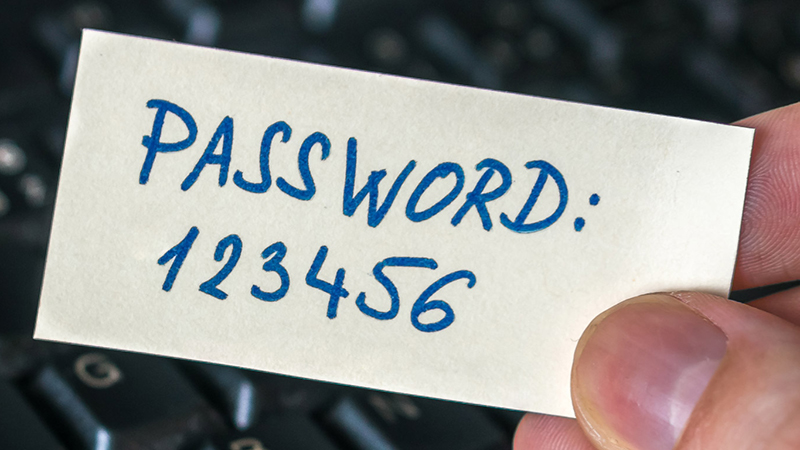
3. Change your password periodically
Changing your password regularly will help reduce the risk of an attacker guessing your password. The trick here for you is that you should have a few passwords, then change back and forth every 3 months between them.
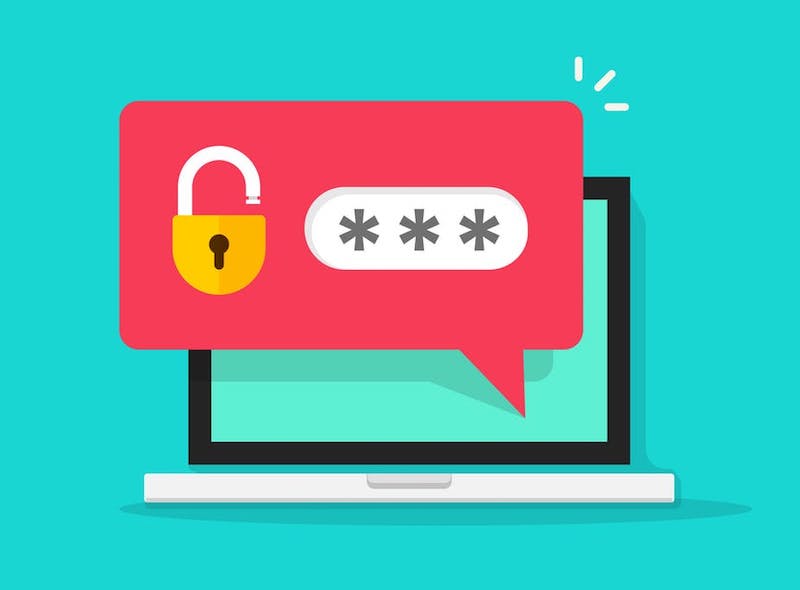
4. Don't trust people you know through the Internet
For 'inviting' messages from people you have just met online, you should be wary of them, and absolutely never give any of your personal information to them.
And even with acquaintances, if they have unusual expressions, and ask for something from you, you should also be vigilant because their account may be controlled by a bad guy. any other.
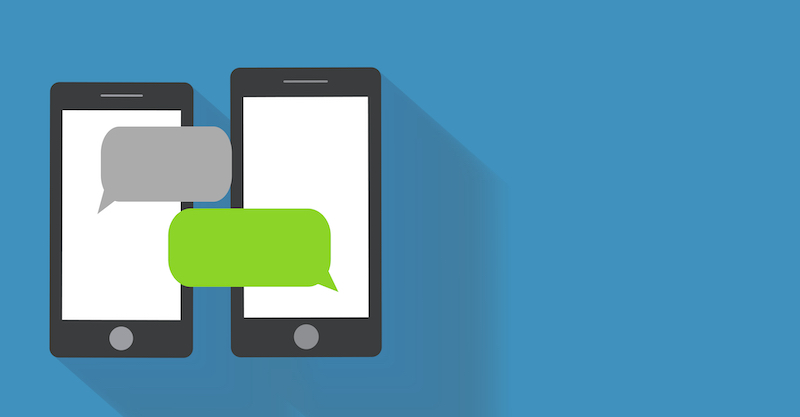
5. Do not share personal information indiscriminately
Many people often unintentionally post pictures of their personal information on social networking platforms, such as flight information, bank accounts, . That image should be blurred first!
6. Always check the website providing the service
There are now a number of fake websites on the web to steal information and access to your important data such as social media accounts . So, you can check with Google Search to see if this is the official website or not.
7. Remember to log out
When performing logging in using online services, or linking to your bank accounts to make transactions with public devices, you should log out after using. Staying connected can turn you the victim of cybercrime through security breaches.
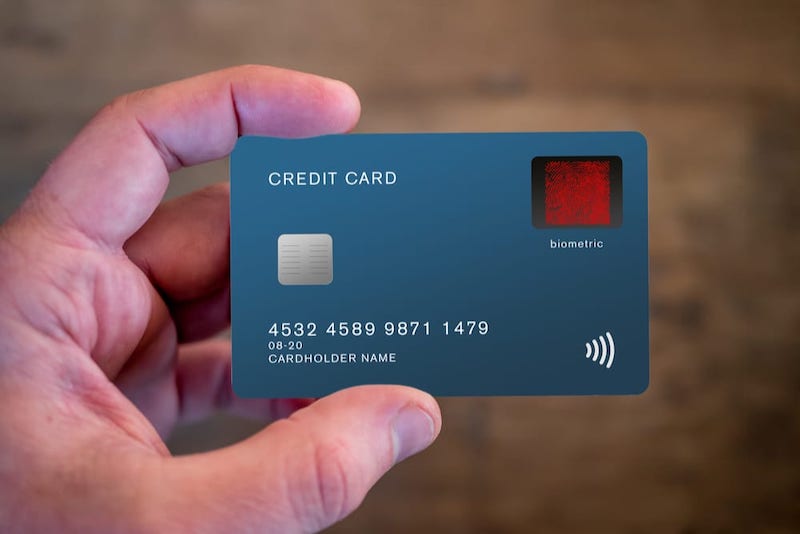
8. Do not install strange, unknown software
Absolutely never install non-typing software on the Internet, and it is best to install it through application markets, or at least through the official website.
Also on recent mobile devices (March 2021), on new versions of Android and iOS operating systems , you can customize the data access permission on your device.
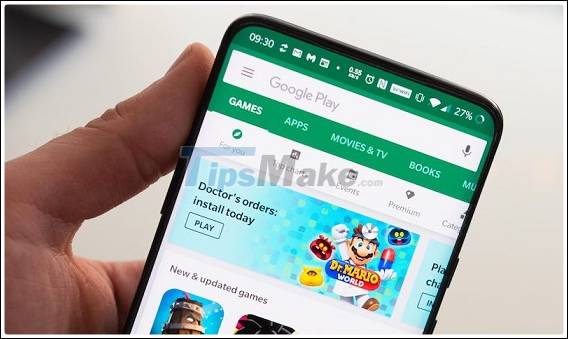
9. Read the terms carefully before use
This is probably the thing that many people often overlook because they think this is an unnecessary thing to do. However, this is very important because you will be aware of how much data the app provider is collecting from you, and have the right to refuse to use these terms if these terms violate your privacy rights. confidentiality of your own information.
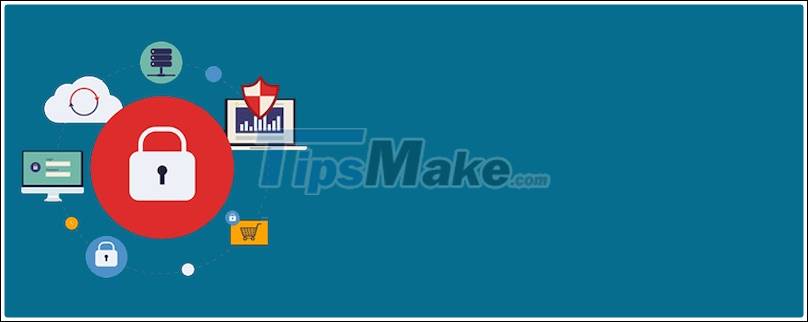
10. Use a reputable antivirus tool
If possible, invest in anti-virus software on your computer / laptop . This will help you quickly detect the active malware in your device, and at the same time will have a quick next solution.
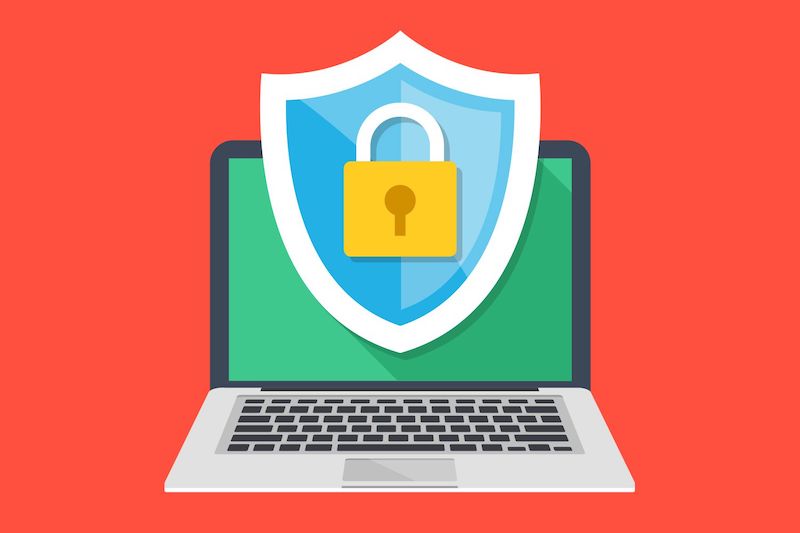
Recently, there are ways to help you protect personal information on the internet. Hope the article is useful to you, thank you for watching, see you in other posts!